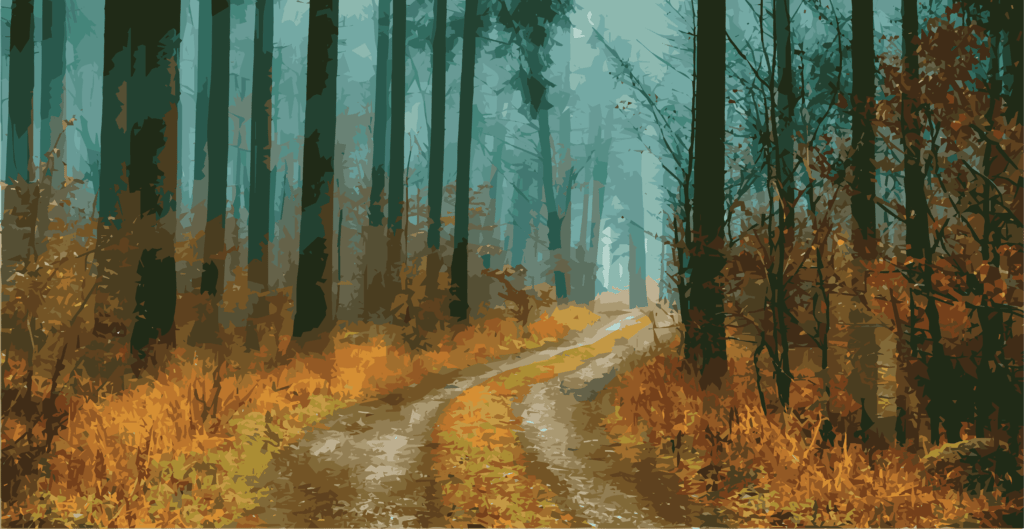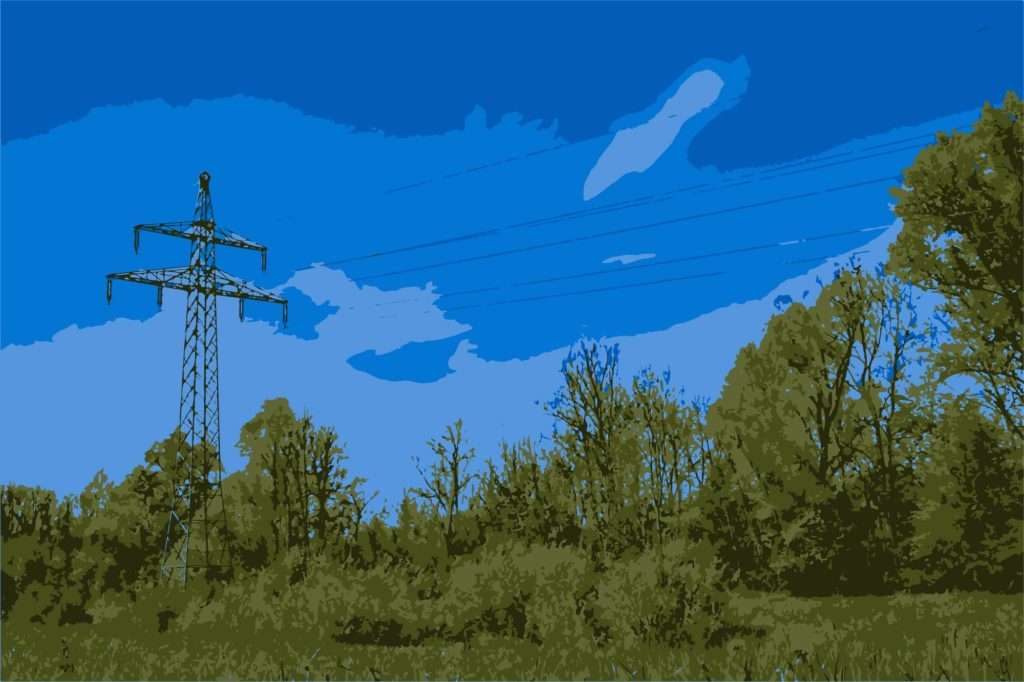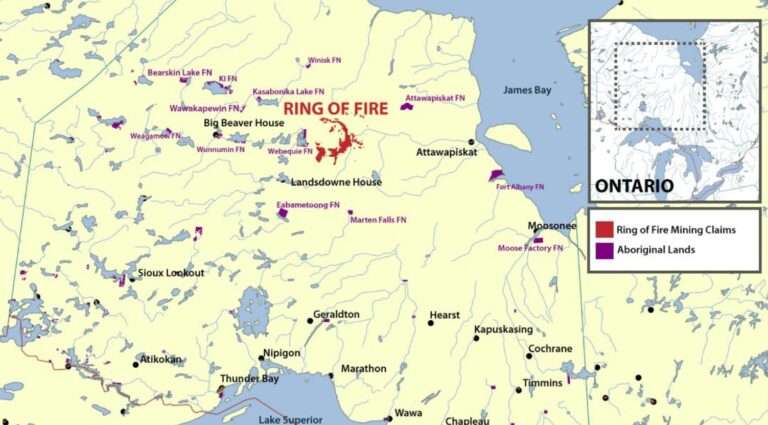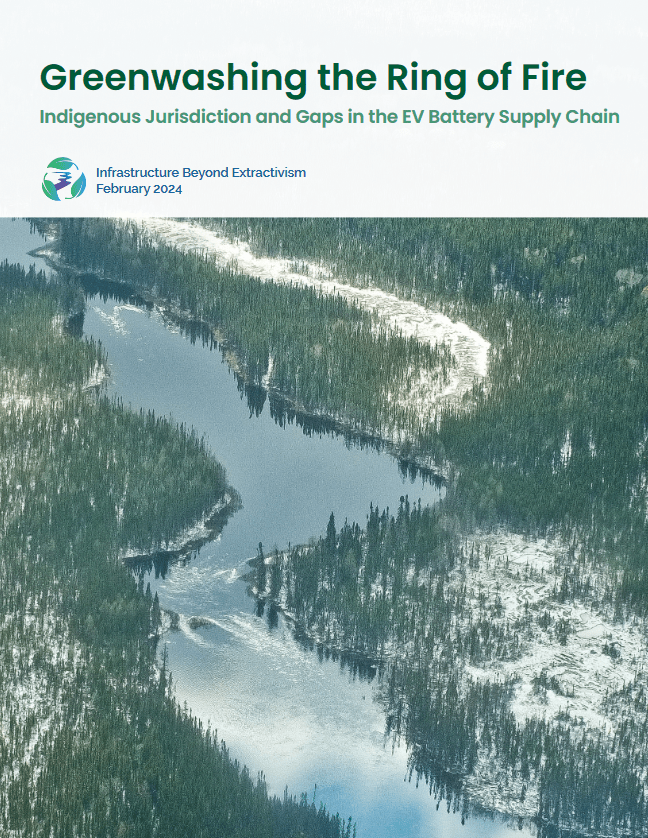About the Project
The Infrastructure Beyond Extractivism (IBE) project is a SSHRC-funded Partnership Grant housed at York University. It is led by Dayna Nadine Scott (Osgoode/EUC, York University) and Heidi Kiiwetinepinesiik Stark (CIRCLE, University of Victoria), in partnership with the Yellowhead Institute, the Department of Geography and Planning at University of Toronto, and the University of British Columbia.
The IBE project aims to develop an agenda for fundamentally re-making socio-technical systems for an anti-colonial and radically-just transition. It is about conceptualizing and building infrastructure that restores and revitalizes Indigenous territorial governing authority or “jurisdiction.”


Restoring
Indigenous Jurisdiction
The ground-breaking 2019 Yellowhead Red Paper documents how Indigenous-led consent processes based on fulfilling responsibilities are already having the effect of restoring Indigenous jurisdiction and reclaiming Indigenous lands and waterways, foodways and lifeways. We propose to systematically document, support, expand and evaluate this work to determine which strategies and approaches have the most success.
How can remaking the material systems that sustain collective life enact Indigenous jurisdiction?
How can the “just transition” to sustainable economies be imagined and infrastructured to foreground Indigenous governance systems?

